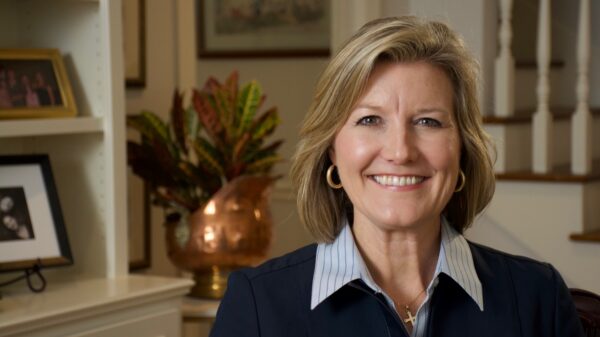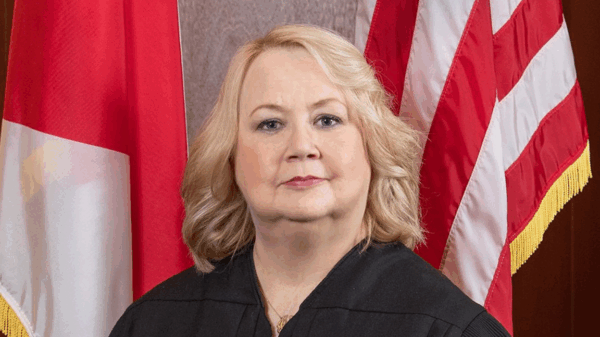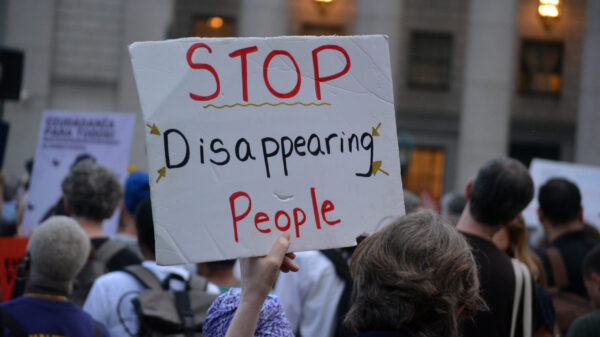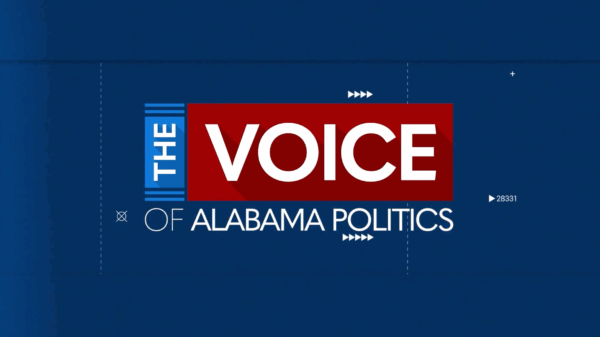By Bill Britt
Alabama Political Reporter
Paid political operatives, registered and some unregistered, falsely claiming to be supported by the Alabama Federation of Republican Women are citing old resolutions and outdated press reports to convince some Republican lawmakers to back new legislation to cap all loans at 36 percent interest. The small loan industry says this bill would effectively close down small loan borrowing across the State sending these borrower to online lenders not registered or accountable under State law.
Beyond the discussion about interest rates, questionable lobbying practices, or if the government should protect people from themselves are the realities of the individuals who uses these lending resources.
A 2006 study by The Brookings Institute found that lower-income families pay a “poor tax,” in the form of higher prices on almost all consumer goods, including financial services.
One of the many institutes that systematically penalize low-income families are banks.
Writing in the CURRENCY section of The New Yorker, Lisa J. Servon’s “The High Cost, For The Poor, of Using A Bank,” exposes the real-world reasons why low-and-moderate-income people turn away from banks to seek alternative financial resources.
Servon: “I had decided to work as a teller to understand why low-and-moderate-income people are choosing not to use banks if they’re really the best option. The answer was surprising: it turns out banks are often costlier for the poor than check cashers and other alternative services.” She also found that low-income borrowers have no other choices. “Banks have retreated from small-dollar credit, and many payday borrowers do not qualify anyway,” writes Servon. However, she does note that banks do “offer a de-facto, short-term, high-interest loan. It’s called an overdraft fee.” In Servon’s investigation she found, “An overdraft is essentially a short-term loan, and if it had a repayment period of seven days, the APR for a typical incident would be over five thousand percent.”
Here in Alabama, an overdraft at Regions Bank on $100 will cost the consumer $35.00 and possible jail time if not paid promptly.
Two of the most vocal proponents of capping small loans at 36 percent or eliminating them all together in Alabama both have ties to commercial Banks and Thrifts.
A self-described homemaker, retired banker and former consumer and real estate lender, Susan F. DuBose is a Republican woman who says she represents the Greater Birmingham Republican Women. DuBose thinks the State government should protect individuals, “from usurious lending charges.” She also believes, “The long-term solution for eliminating the need for payday lending is job growth. We support tax and regulatory reform to provide an environment in which business can thrive and grow in the State of Alabama.”
However her views are not supported by the nationally recognized Alabama Federation of Republican Women.
And individual with an even greater profile is Neal R. Berte, Ed.D., former President of Birmingham-Southern College and former board member at the now defunct Superior Bancorp.
Superior Bancorp’s principal subsidiary, Superior Bank, was closed by the FDIC in 2011.
In January 2016, the Securities and Exchange Commission announced “fraud charges against 11 former executives and board members at Superior Bank and its holding company involved in various schemes to conceal the extent of loan losses as the bank was faltering in the wake of the financial crisis.”
Dr. Berte was not implicated in the charges against executives and board members at Superior Bank.
The Brookings Institute study shows that “In general, lower income families tend to pay more for the exact same consumer product than families with higher incomes. Lower-income homeowners that earn less than $30,000 a year pay higher than average prices for their mortgages. Lower income households also pay higher than average prices for auto loans, greater fees for furniture, appliances, and electronics.” The study cites data that shows “countless low-income families more pay high prices for other necessities, such as basic financial services, groceries, and insurance.”
The study found lower-income individuals pay more fees for a bank account, more at ATMs, and on and on goes the list of “poor taxes” paid by those in lower income brackets. The Brookings study found, “Lower income borrowers are much more likely than higher-income borrowers to fall behind on their payments, declare bankruptcy, and have low credit scores.” This is why those in the small lending business say that capping the interest rate 36 percent will drive them to leave the State which is exactly what happened in Montana in 2010.
The results as reported in GOVERNING: When small loan shops close jobs are lost, and the borrowers move from storefronts to the internet.
GOVERNING is the nation’s leading media platform covering politics, policy, and management for state and local government leaders. It is recognized as the most credible and authoritative voice in its field.
A March 2017 report by Liz Farmer found that, as predicted by payday lenders, “The immediate fallout from the cap on payday loans had a disheartening twist. While brick-and-mortar payday lenders, most of whom had been charging interest upward of 300 percent on their loans, were rendered obsolete, online payday lenders, some of whom were charging rates in excess of 600 percent, saw a big uptick in business.”
According to State records, only one complaint against payday lenders was filed with the Attorney General’s office “the year before Montana put its cap in place in 2011, by 2013 there were 101.” According to Governing’s report, “All of these new complaints were against online lenders.”
In her piece, “The Myth vs. the Truth About Regulating Payday Lenders,” Farmer illuminates the real-life consequences of legislation such as the one introduced by freshman Rep. Bob Fincher and advocated by DuBoise and Berte.
Traditionally, Republicans have allowed the free market to determine winners and losers. Perhaps the words of writer, teacher, and moralist C.S. Lewis are here, apropos: “Of all tyrannies, a tyranny sincerely exercised for the good of its victims may be the most opp, ressive. It would be better to live under robber barons than under omnipotent moral busybodies. The robber baron’s cruelty may sometimes sleep, his cupidity may at some point be satiated, but those who torment us for our own good will torment us without end for they do so with the approval of their own conscience.”






















































